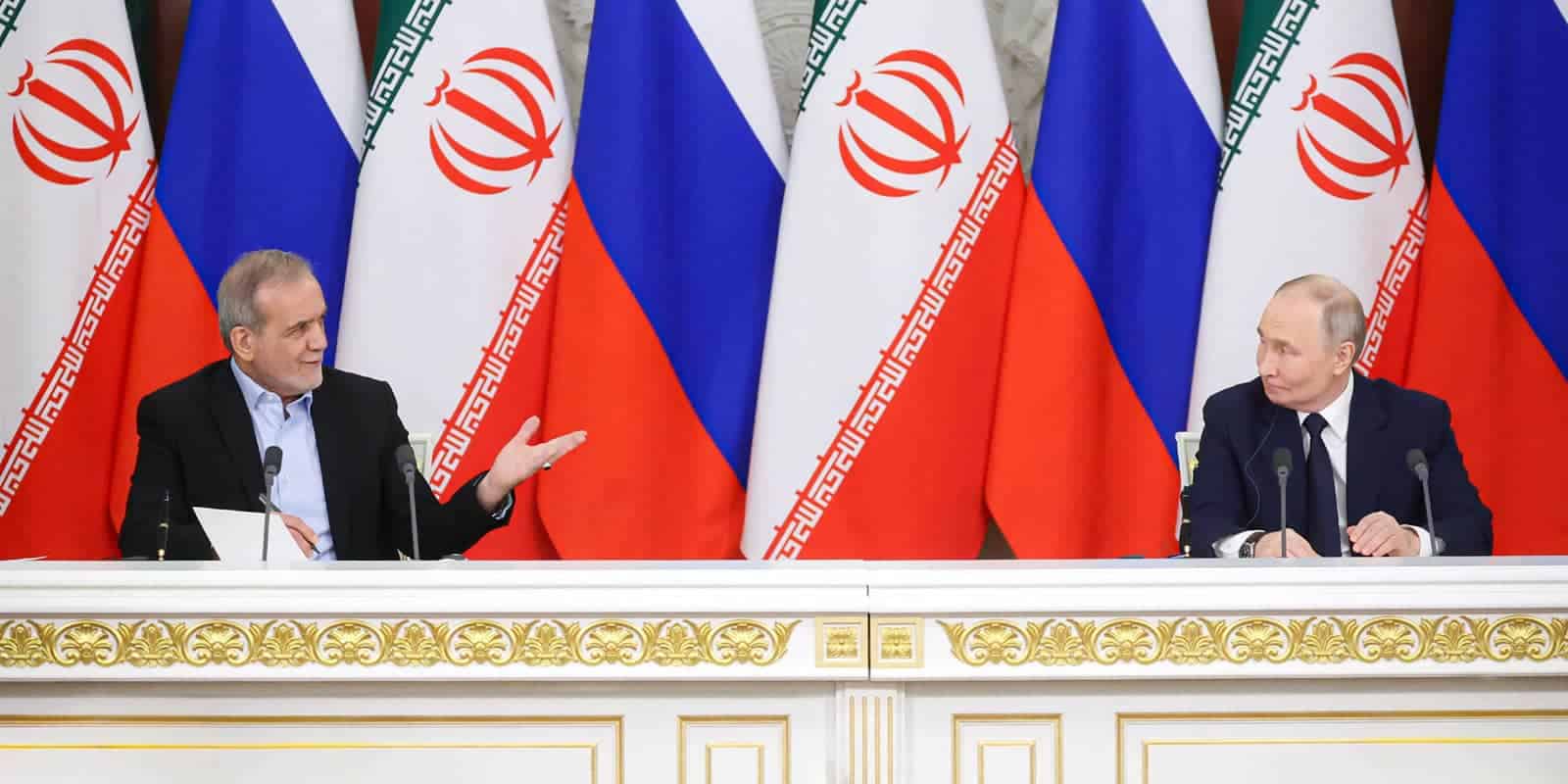For many Israelis, the results of Tuesday’s cabinet meeting following the escalation in the south were unsurprisingly seen as a disgrace, a surrender to terrorism and a blatant display of weakness. The decision to exhaust all Egyptian efforts to reach an agreement with Hamas, despite the rampage the terrorist organization has been on since Monday afternoon, seems to reward terrorism and puts a real crack in the deterrence so vital to our future.
These are not baseless claims. The erosion of Israeli deterrence as a result of what the Palestinians and others could interpret as Israeli “cowardice” poses a significant and real threat.
Nevertheless, there is a reason why all of Israel’s defense officials, ranging from the military and intelligence communities to National Security Council head Meir Ben-Shabbat, who as former head of the Shin Bet security agency’s southern district is familiar with the Gaza Strip, all prefer this option over an escalation of the conflict.
Underlying this is the understanding, or arguable assertion, that the deterrence equation is more complex than a crude balance of the pain inflicted on both sides. The desire, seen to some extent on social media, to make Gaza pay in blood can be seen as natural.
But strategic considerations mandate that we think not of the current situation but of the one that will most likely be created and its possible implications in the greater regional context of an ongoing campaign, which we may ultimately learn can only be brought to an end by taking over the Gaza Strip in its entirety for an unlimited time.
The deterrence equation must also take into account the damage that could be done to Israel’s international standing, and mainly to the efforts it is now engaged in to mobilize the regional and global system in support of increasing American pressure on Iran.
It is quite possible that a fast yet forceful blow to Hamas that exacts a higher price from the terrorist organization than it has paid thus far would do more to restore deterrence. But it could also very well lead to a continuation of and even an expansion to the fighting.
The challenge now is how to make it clear to the Hamas leadership that it should not believe is own supercilious words. Hezbollah leader Hassan Nasrallah also boasted of a “divine victory” over Israel at one point, but in a moment of truth, admitted he would not have embarked on a campaign against Israel if he had known where it would lead.
It is the IDF’s ability to accurately and selectively attack so many targets according to precise intelligence that demonstrates in practical terms what could happen if the fighting continues, better than the unrestrained use of force ever could.
Egypt has its own way of explaining, in plain Arabic, what the Hamas leadership is trying not to understand: Israel still has its finger on the trigger and the Hamas leadership would be making a serious and possibly fatal mistake if they convince themselves they have in fact defeated the IDF.
JISS Policy Papers are published through the generosity of the Greg Rosshandler Family.
photo: Israel Defense Forces from Israel [CC BY-SA 2.0 ], via Wikimedia Commons















Hamas’s Battle with Gaza’s “Rogue Clans” in the Eyes of the Palestinian Public